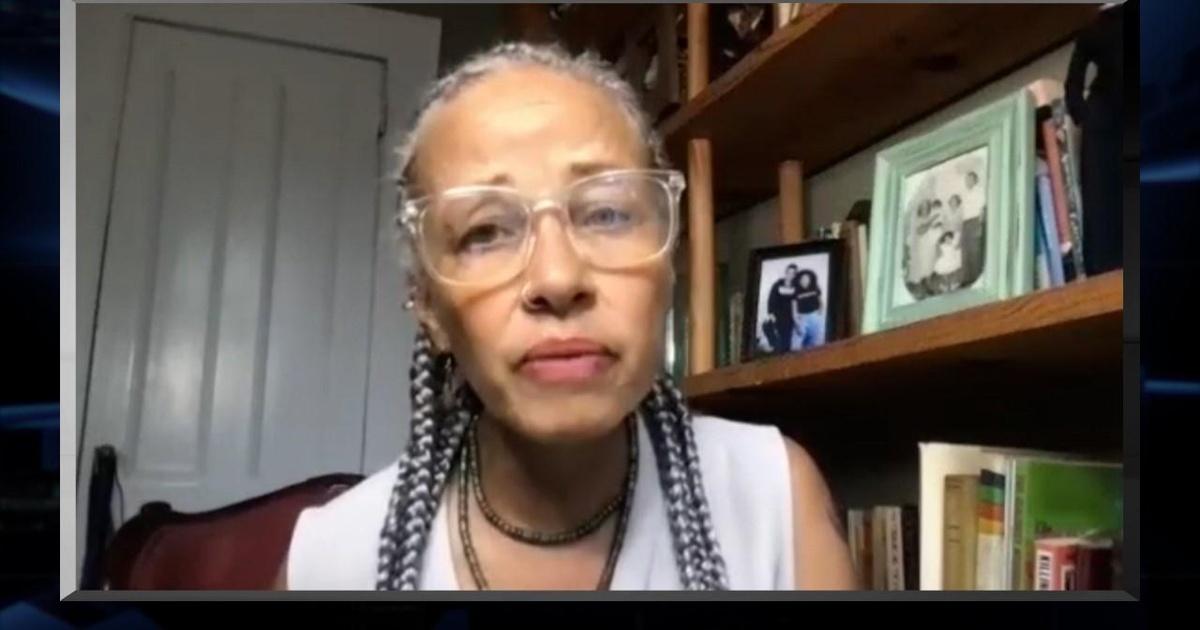- Select a language for the TTS:
- UK English Female
- UK English Male
- US English Female
- US English Male
- Australian Female
- Australian Male
- Language selected: (auto detect) - EN
Play all audios:
The Hague [Netherlands], May 22 (ANI): External Affairs Minister S Jaishankar, during his official visit to the Netherlands, said Pakistan must face consequences if cross-border terror
attacks continue. In an interview with Dutch daily de Volkskrant, EAM Jaishankar referred to the April 22 attack in Pahalgam, Jammu and Kashmir, and stated that the Pakistani military
leadership holds extreme religious views. "We want a definitive end to terrorism. Our message is therefore: yes, the ceasefire has put an end to military actions against each other for
now, but if the terrorist attacks from Pakistan continue, there will be consequences. The Pakistanis must understand that very well." EAM Jaishankar was in the Netherlands in place of
Prime Minister Narendra Modi, who cancelled his planned state visit due to the recent military exchange between India and Pakistan. The visit focused on economic cooperation and
counterterrorism, as well as preparatory discussions for PM Modi's rescheduled visit later this year. Bilateral issues discussed included Dutch arms supplies to Pakistan, which were
previously raised by Indian Defence Minister Rajnath Singh in Delhi with Dutch Defence Minister Ruben Brekelmans in March. When asked whether he was implying that Pakistan supports
terrorism, EAM Jaishankar responded: "I am not suggesting that, I am stating that. Suppose that there were large military centres in the middle of a city like Amsterdam where tens of
thousands of people gathered for military training, would you say that your government knows nothing about that? Of course not." "We should not go along with the narrative that
Pakistan does not know what is going on. The most notorious terrorists on the United Nations (UN) sanctions list are all in Pakistan. They operate in the big cities, in broad daylight. Their
addresses are known. Their activities are known. Their mutual contacts are known. So let's not pretend that Pakistan is not involved. The state is involved. The army is up to its neck
in it." On whether terrorism in Jammu and Kashmir is linked to the broader Kashmir dispute, EAM Jaishankar said: "No, for us terrorism is an independent, completely unacceptable
international crime that should not be condoned or justified." He added: "The terrorists targeted the vibrant tourism industry in Jammu and Kashmir with their attack. So they are
prepared to destroy things in Kashmir for their own, very limited, selfish purposes. They also deliberately gave the attack a very religious tint (Hindu versus Muslim, ed.). The world should
not accept such practices." On Kashmir's political status, EAM Jaishankar said: "As for Jammu and Kashmir, it is a historical fact that it joined India when India and
Pakistan separated in 1947. Our position is that the illegal occupiers should return their illegally occupied parts to the rightful owner. And that is us." Asked whether the
international community could mediate in the Kashmir dispute, EAM Jaishankar said: "No, it is a bilateral issue between the countries involved." When asked about mediation offers
such as that from US President Donald Trump, he replied: "As I said, this is something we will do together with Pakistan." EAM Jaishankar also held discussions on enhancing
economic and technological cooperation between India and the Netherlands. In addition to traditional sectors such as hydraulic engineering, agriculture, and pharmaceuticals, EAM Jaishankar
said India is focused on new areas including semiconductors and sustainable energy, particularly green hydrogen. He also sought Dutch support for accelerating negotiations on the
India-European Union free trade agreement, which India hopes to conclude by the end of 2025. "After Germany, you are India's largest trading partner within the European Union and
the fourth largest investor in India worldwide," EAM Jaishankar said. He added that he has been visiting the Netherlands for more than thirty years due to family ties. Responding to
concerns about India's agricultural market protections, EAM Jaishankar said: "Europe is also shielding its own markets, even more than we are. I am not making sweeping statements
about things that are still under negotiation. But to reach a trade agreement, you have to understand the realities of each other's societies. We are a country of small farmers with
small plots of land. People have at most a few cattle. We do not have a history of subsidized agriculture, like you do. If small farmers from India had to compete with large, commercial,
subsidized European farmers, that would be unfair." On India's ambition in global manufacturing, he said: "Our hope is indeed that the manufacturing of products in India will
grow and that we will be more integrated into global production chains. New technology can be an entry point. So our interests in market access cover a much broader spectrum of modern
products, such as electronic hardware, chemicals or all kinds of pharmaceuticals." Asked whether India sees itself in a global leadership role, EAM Jaishankar said: "Certainly, but
our geopolitical tradition, as a post-colonial society in Asia, is different from that of the West. We have positions and we propagate them, but we also want to respect other people's
sensitivities and sovereignty. That is different from the Western tradition, in which you impose your positions on other countries." He said India supports reform of global institutions
and seeks a permanent seat on the United Nations Security Council. "That permanent seat on the Security Council is indeed one of our goals. We believe that if the much-needed reform of
the UN and the Security Council finally comes about, we will receive a lot of support for our claim." "Many international initiatives have come from India in recent years. We
understand what our position entails. We are now the fourth largest economy in the world, we have just overtaken Japan. And we know that that comes with responsibilities. We are ready."
On the question of India mediating in the Russia-Ukraine conflict, EAM Jaishankar said: "India has a position that many countries in the Global South probably share. We strive for a
peaceful solution to this conflict. If we can do something about it, we are open to it. But of course this depends on the parties involved." Asked why India has not imposed sanctions on
Russia, he said: "That sanction culture is a very Western way of maintaining international relations. We do not do national sanctions." When asked why India does not take public
international stances similar to other post-colonial states such as South Africa, EAM Jaishankar said: "I conduct a foreign policy that suits our national character and our national
interests. Following your logic, I can also say: why doesn't Europe behave more like us? That would be a good idea." India launched Operation Sindoor on May 7 as a decisive
military response to the April 22 Pahalgam terror attack in which 26 people were killed. Indian Armed Forces targeted terror infrastructure in Pakistan and Pakistan-occupied Jammu and
Kashmir, leading to the death of over 100 terrorists affiliated with terror outfits like the Jaish-e-Mohammed, Lashkar-e-Taiba and Hizbul Mujahideen. After the attack, Pakistan retaliated
with cross-border shelling across the Line of Control and Jammu and Kashmir as well as attempted drone attacks along the border regions, following which India launched a coordinated attack
and damaged radar infrastructure, communication centres and airfields across 11 airbases in Pakistan. After this, on May 10, an understanding of the cessation of hostilities between India
and Pakistan was announced. (ANI)




